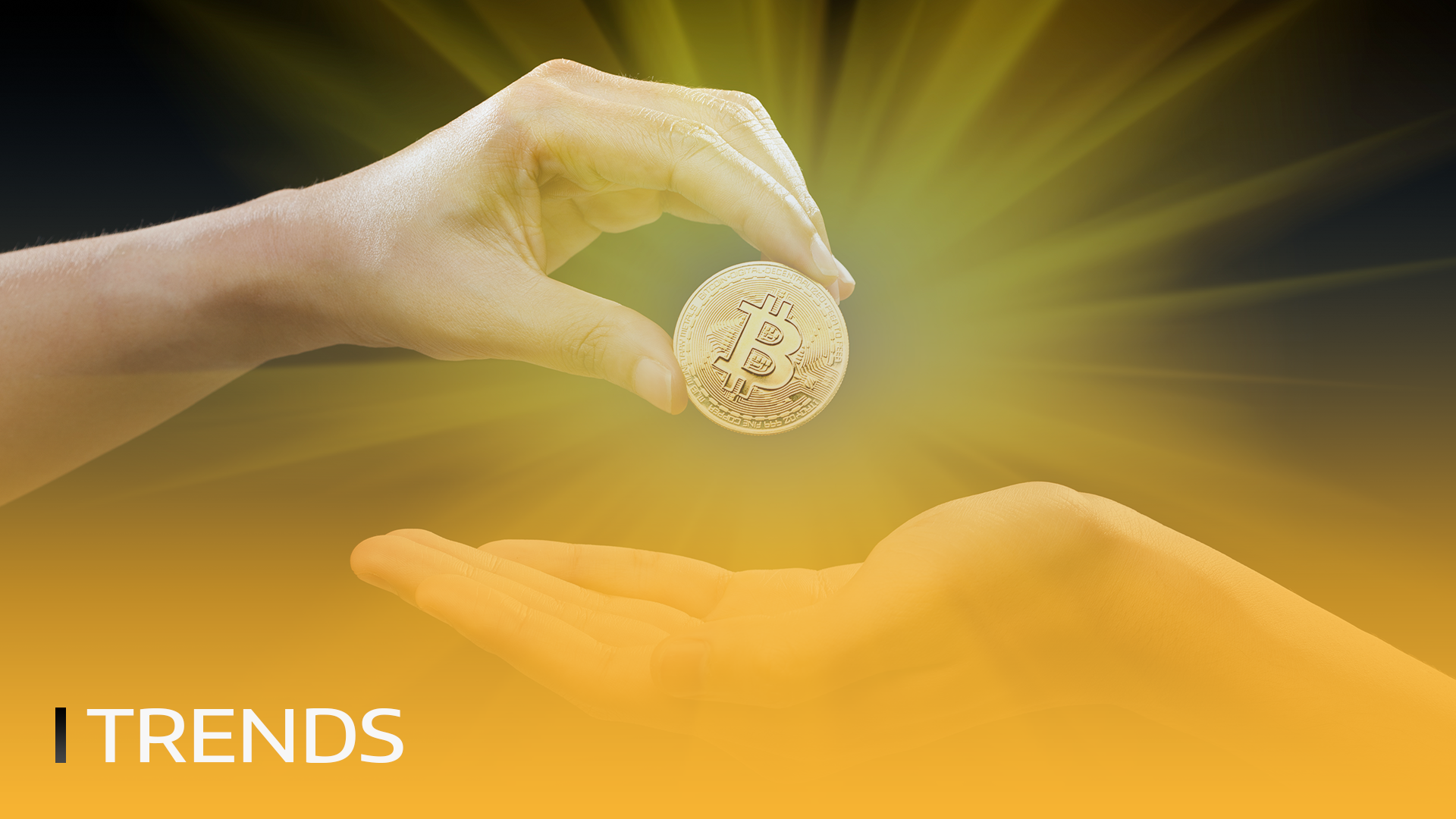Crypto Inheritance 101 – The Inevitable Future

Urban legend has it that Satoshi Nakamoto’s estimated 1 million BTC fortune has gone unclaimed because no one else had access to it. Think about that. At the time of writing, that is the equivalent of $27,700,000,000!
As things stand now, some of the cryptocurrency space is governed by the principle of self-sovereignty, whereby investors are relying on a trustless, decentralized network. One drawback that comes with that is inheritance.
Essentially, crypto inheritance is the passing of private keys of crypto wallets on to individuals before one’s own passing. The transfer of digital assets can be also managed through private keys in a cold wallet that is then stored in a safe and held with a notary.
Crypto inheritance is a non-issue – at least for now – given that most crypto holders are young and thinking about money inheritance is not exactly one of their concerns. While inheritance may not be the brightest of topics, it is an inevitable one. Cryptocurrencies are increasingly becoming a popular asset for investment, even for older and/or traditional investors.
How do different exchanges approach inheritance?
Major crypto exchanges each have slightly different protocols in place for transferring crypto assets following a user’s death. It is safe to say that none are, as yet, as efficient as those used in TradFi. What’s more, is that investors in traditional brokerages are allowed — and in some cases even required — to list a beneficiary to their account.
Coinbase lists the required documents on its website, but goes as far as requiring a will or probate documents before it allows the transfer of any assets. An exchange representative confirmed that Coinbase does not charge any fees for transferring account ownership.
When it comes to Kraken, potential heirs are required to first file a request and submit a laundry list of documents alongside “whatever the exchange deems necessary”. The exchange asks users to include their Kraken public account ID in their will to make the process easier for the heirs.
Binance has a similarly opaque process that is handled on a case-by-case basis, and the now-defunct FTX reserves the right to require a court order determining rightful ownership of a deceased user’s account.

Try to invite your friends and earn together
10% of trading fees of your friends and 5% from the earnings of your friends.

